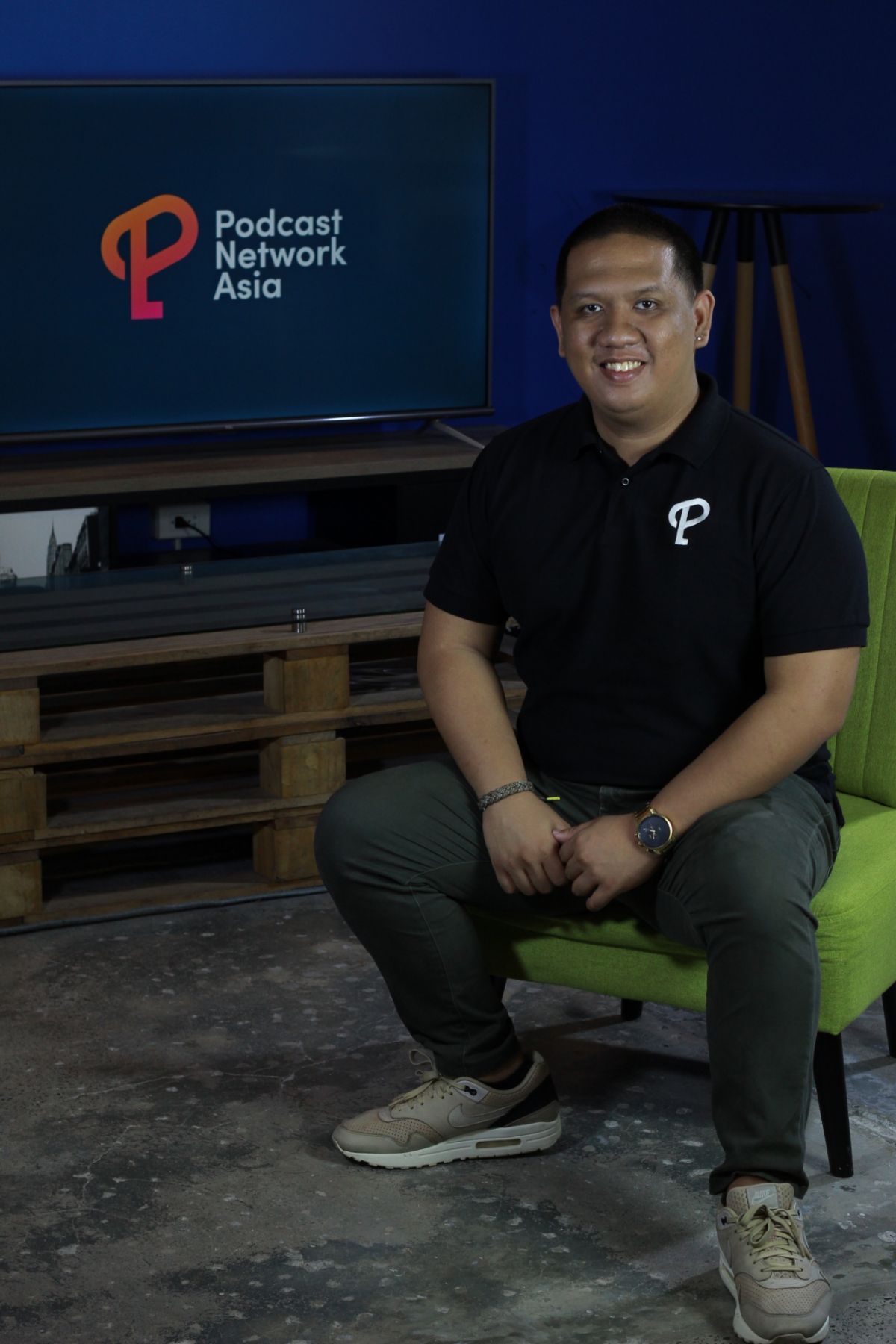Ron Baetiong, CEO and founder of Podcast Network Asia, talks to us about why every young creative should launch a podcast
Enjoyed during our morning coffee or daily commute, podcasts are increasingly integrating into our everyday routines. Covering everything from video games to leadership advice, the medium offers a powerful opportunity for content producers to connect with a readymade audience and forge a community bound by common passions.
While podcasts are well established in other parts of the world, Asia hasn't been as fast to adopt the medium. "The Southeast Asian podcasting industry is still in its nascent stages, and we’re just starting to see momentum now,” says Ron Baetiong, founder and CEO of Podcast Network Asia (PNA), a Philippines-based podcast platform that helps would-be podcast producers get their show off the ground.
PNA works as an incubator for podcast producers, equipping creatives with the tools and resources needed to launch a podcast, from ideation to production and, eventually, monetisation. Its Podmetrics platform also provides audience analytics to its members.
We talk to Gen.T honouree, Baetiong, about the growth of the industry, where it’s headed, and the unique opportunities and challenges presented by the medium.
See also: Meet The Philippines Honourees On The Gen.T List 2021

What are the advantages for podcast producers that are unique to the platform?
There are a couple. The first one is that it’s not live—you can record it without the worry of having a live audience, which can be nerve-wracking if you’re a content creator. Secondly, you can actually do it in your own time, when it’s convenient for you. When producing videos, you typically have to take multiple shots of a certain scene just to be able to get a few minutes of content. On the other hand, podcasts are very good in terms of time consumed for content creation; it takes less time to produce.
What challenges do podcast producers face that are unique to the platform?
One of the main challenges we are trying to overcome is to prevent "podfading". Podfading is a problem that most podcasters undergo: a vast majority of podcasts don’t make it past 10 episodes because things get challenging, you lose momentum, and there are so many things you can’t do [so you stop producing altogether].
What we really provide with Podcast Network Asia is the ability for a content creator to come in with no content of any kind, and we can be the machinery that helps them put out what they want to create. A lot of our shows have gone into their 30th, 40th, 50th even up to 100th episode already, allowing them to really [up]skill and continue to create content that they’re passionate about. Also, they get to give a voice to the community that they represent.
See also: Here's How Gen T Honourees Are Protecting Themselves From Burnout Amid A Pandemic

